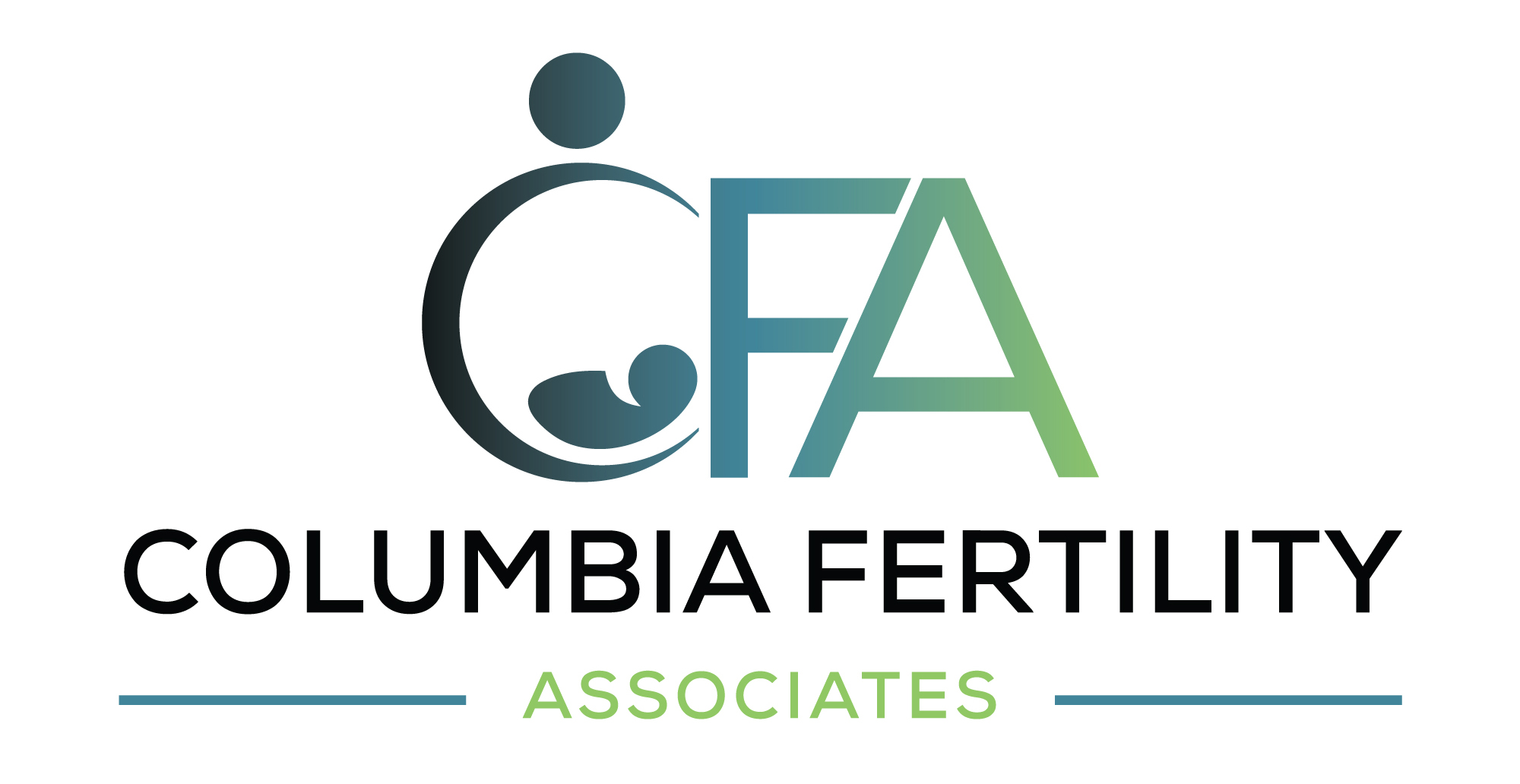Although we don’t learn much about hormones in school — outside of sex education — hormones regulate nearly every function of the human body, including our metabolism. If you’ve been diagnosed with the polycystic ovarian syndrome (PCOS), which is characterized by unbalanced hormones, you may think that only your fertility and your menstrual cycles are affected.
But PCOS leads to all kinds of systemic symptoms — including facial hair growth, scalp hair loss, and weight gain. If you have PCOS, our expert OB/GYNs and fertility specialists at Columbia Fertility Associates help restore hormonal harmony with a variety of customized treatments and lifestyle changes. Here’s how PCOS may contribute to your weight gain.
PCOS increases androgens
Both females and males have the same sex hormones, such as estrogen and testosterone. However, if you have PCOS, you have more androgens (“male” hormones) than is usual for a woman.
Symptoms of too much testosterone include:
Facial and body hair growth
- Scalp hair loss
- Acne
- Irregular periods
- Abdominal fat
Women with high levels of estrogen tend to gain weight in their hips, creating the typically female “pear” shape. Women with high levels of androgens tend to gain weight in the abdomen, like men do, creating more of an “apple” shape. Abdominal fat is associated with a greater risk for heart disease and other health problems.
PCOS creates insulin resistance
The hormone insulin helps transport sugar from your bloodstream into your cells, where it can be used for energy. However, if you have PCOS, your body has trouble utilizing insulin and may become what’s termed “insulin resistant.” That means your body doesn’t use insulin efficiently, and the glucose stays in your blood instead of moving into your cells.
Insulin resistance causes your body to create more androgens, which leads to weight gain. Insulin resistance also drastically increases your risk for type 2 diabetes.
PCOS makes it harder to lose weight
More than half of women with PCOS are overweight. If your weight-loss efforts haven’t paid off as well as your friends’ have, the hormonal imbalances inherent in PCOS may be to blame. Your androgens have trained your body to store fat rather than burn it for fuel.
There are many ways to lose weight, but switching to a diet that minimizes or eliminates starches and sugars may help your body learn to burn fat instead of store it. When you lower the number of carbohydrates you eat, you lower the amount of sugar (and insulin) in your bloodstream, too.
If you have PCOS, some dietary adjustments that may help you lose weight include increasing your protein and healthy fat intake while minimizing higher-carbohydrate foods like grains, starchy vegetables, and most fruits.
Guidelines for a ketogenic diet include eating foods like:
- About 90 grams of protein per day
- Olive oil
- Avocados
- Salmon and other fatty fish
- Walnuts and almonds
- Grass-fed butter
- Coconut oil
- Nonstarchy vegetables
- Lower-sugar fruits, such as berries
This diet helps your body focus on burning fat instead of sugar. But a strict keto diet isn’t appropriate for everyone, so if you have trouble with your weight, we can refer you to a medically supervised weight-loss program.
Also, be sure to add exercise and activity into your daily routine. High-intensity interval training (HIIT) is an especially effective strategy to increase health and reduce weight if you have PCOS.
Losing weight reduces symptoms
Once you lose weight, you may find that many of your PCOS symptoms decrease or disappear, including painful or irregular periods. In fact, losing just 10% of your body weight can restore a normal menstrual cycle. Taking off excess weight also improves your reproductive health and increases your chances of conceiving.
We may complement your lifestyle changes with medications that balance your hormones or regulate your insulin levels.
Some choices include:
- Hormonal birth control
- Metformin
- Clomid®
- Gonadotropin
If you have PCOS and struggle with your weight, periods, or fertility, get the help you need to improve your health by contacting our team at Columbia Fertility Associates today. We have offices in Washington, DC; Bethesda, Maryland; and Arlington, Virginia.








